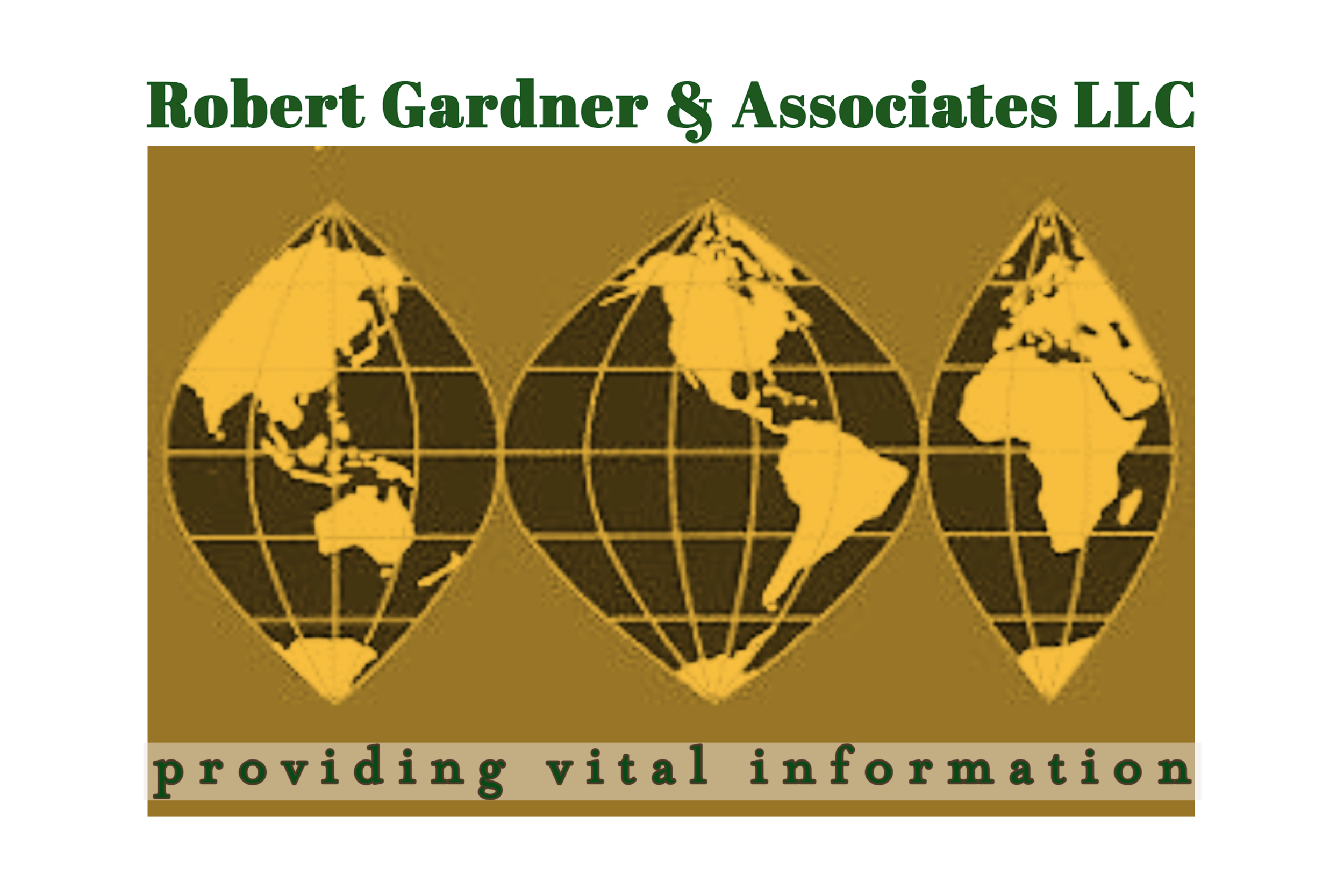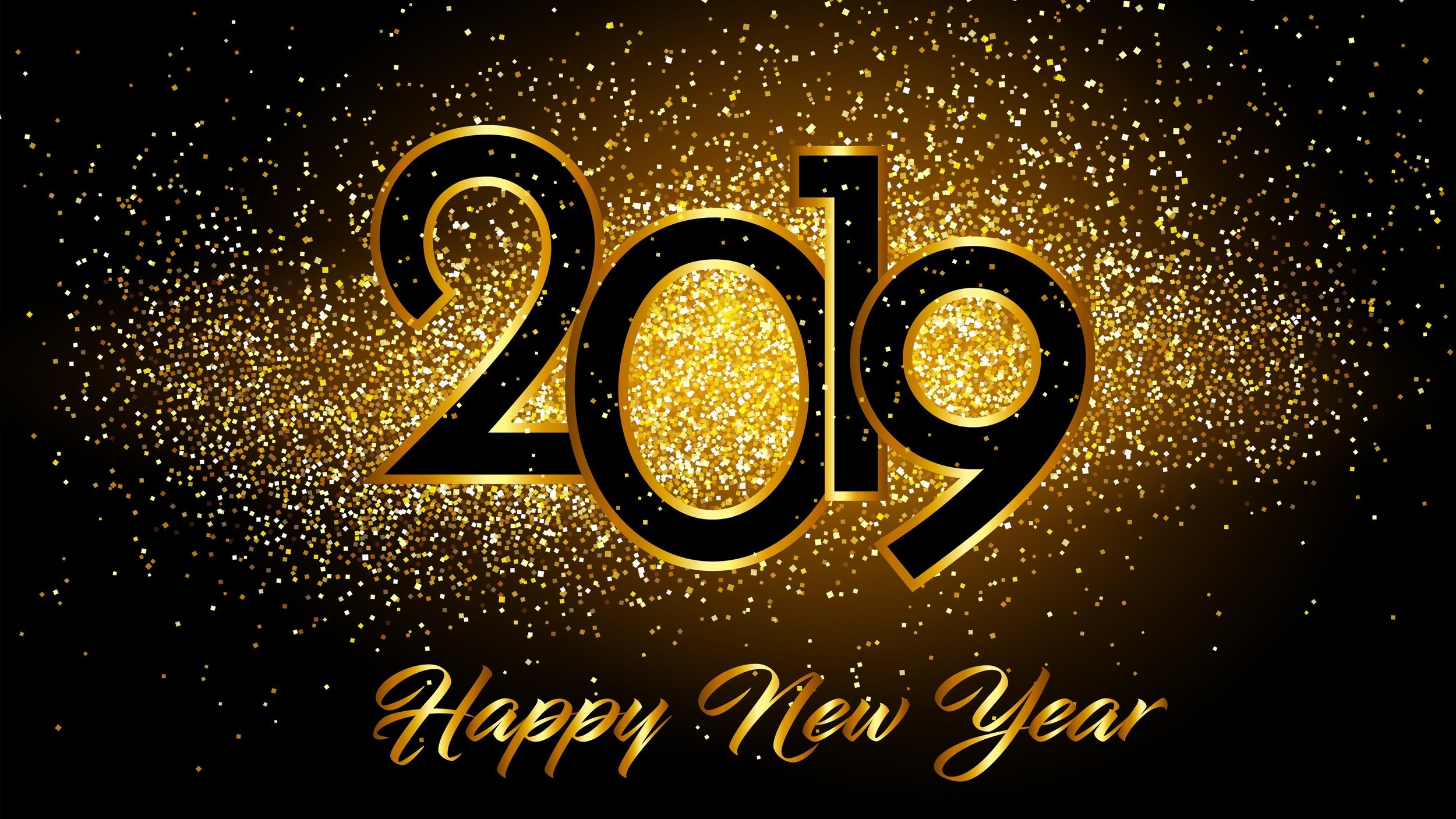A New Year, the Same Public Records But More
Another Year Providing Vital Information.
Happy New Year! It did not take long for this year to get interesting, from researching companies in Mexico to digging up the owner of a Texas nail salon. 2019 begins about the way every year has begun for thirty years. Finding public records that help people manage risks and react to unforeseen events. Put another way, I keep people out of trouble or if you are in trouble, help make it better, faster. While the basics remain the same, my work continues to evolve in key ways.
Each year more and more items are out there for me to find. Now, I will tell you in certain ways, there is are less things I can find. Specifically, it is much less common for me to ascertain the owner behind a website. One of the best tools in mine, and other business researcher’s arsenal, was the WHOIS search. It was a simple, accessible, free, inquiry that provided key information about the individuals or companies behind a website. Think of all the value that came with knowing who was behind a website, and not just their name but addresses, phone numbers and emails—things that could lead to more findings. The WHOIS search these days, oftens provides no value. You learn the name of the host of the website, but the rest is privacy controlled, a service provided by the company you pay a fee register a website domain name. On top of that, laws in Europe have also limited what is available regarding websites. It’s not like clever researchers like me are without places to try, but the bottom line is that WHOIS searches are much more likely in 2019 to provide little research info. That’s the bad news.
I believe in the power of public records for several reasons. Two of my favorite reasons are the fact they are there, that there are many ways to find information on people and companies if you look in the right places, and second, that when something comes from public sources you can rely on it to make decisions. It’s legitimacy is certain. So, every new thing that I can find in public record searching is good. With the explosion of social media, it is amazing how much more there is for me to comb through when digging, and there are more tools out there to winnow through the mass. In addition, the amount of information that is electronic, online, just continues to expand. While I've had access to newspaper articles via things like LexisNexis for years, now I can search newspapers way back into the 1800's--believe maybe not that far back, but I can tell you when I've made good use of old newspaper articles in recent cases. And its public records like court cases and property records where the explosion is most useful for me. There are more courts to access each day, and better, there are more documents from court cases available each day. Same with real property records. For a long time, I could search various property filings, but now I can search and see, the documents behind the indices. You learn a lot more this way. It means I can address issues much faster and with more complete answers.
I also continue to get more ways to gather information from around the world. It is easier to access company records from many nations. An International Consortium of Investigative Journalists have made public a database from notable leaks such as the Panama Papers. The Organized Crime and Reporting Project has expanded on this, with a searchable database that goes beyond these notable leaks to grey literature, sanction lists, and more. This information is mostly great for high profile individuals, but don’t you at least want to know if your target is in these sources?
Being online helps me more than by giving me new and enhanced sources. Social media also allows me to network and learn from other researchers and investigators. I participate in robust communities of searchers, and we challenge and learn from each other. In addition, I was able to use my computer on several instances last year to attend webinars or other sessions that helped me keep up on the latest in searches. No one has a lock on how to do this, and I relish the chance to hear how others do things.
I am sure by this time in 2020, there will something I cannot access as well, and I am sure there will be new sources I will be telling you about. I will also know by this time next year, I will be an even better researcher because I will have followed what is happening and learning what can and cannot be done. Come back next year at this time for an update.

